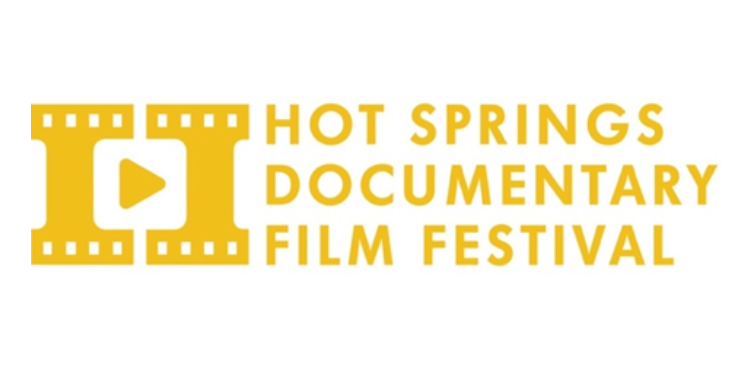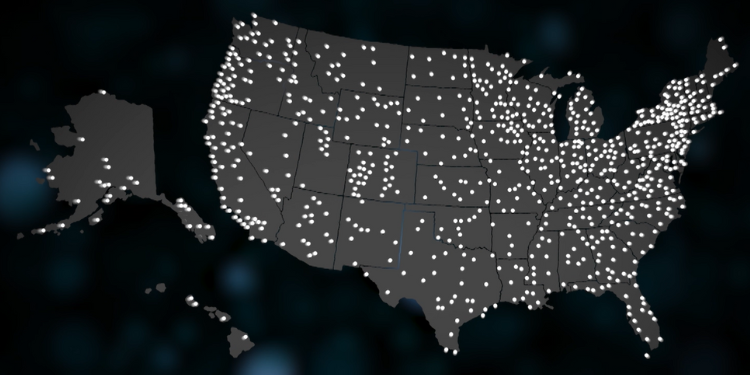Settlement Secures Interconnection Innovation and Affirms Independence
Washington, D.C. (November 17, 2025) — The Corporation for Public Broadcasting (CPB) today announced a settlement with National Public Radio (NPR) in the lawsuit NPR filed to block CPB’s award of interconnection funding to Public Media Infrastructure (PMI). PMI — a coalition of public media organizations — was selected through a competitive process last summer. NPR’s suit, filed in the U.S. District Court for the District of Columbia, claimed that CPB exceeded its statutory authority by proceeding with the grant and asked a judge to block CPB from proceeding with its grant to PMI.
Under the agreement, NPR agreed to drop all of its claims objecting to CPB’s award to PMI. CPB’s funding award to PMI is now being implemented, reaffirming CPB’s authority under the Public Broadcasting Act to steward federal funds and select the providers that best serve the entire public media system. The settlement negotiations were unanimously approved by the CPB Board of Directors.
The funding awarded to PMI will modernize public radio content distribution and support the development and implementation of new digital and terrestrial delivery technologies, advancing innovation that will help future-proof the public radio system for years to come.
“This is an important moment for public media,” said Patricia Harrison, President and CEO of CPB. “We are very pleased that this costly and unnecessary litigation is over, and that our investment in the future through PMI marks an exciting new era for public media.”
Since its creation by Congress, CPB’s mission has been to advance, improve, and strengthen the public media system locally and nationally. Fulfilling that mission requires not only sustaining what works but also embracing innovation, transparency, collaboration, efficiency, and cost-effectiveness across the system. These principles guided CPB’s decisions throughout this process and were central to its defense in the litigation brought by NPR. At its core, CPB’s actions reflected a broader choice between maintaining the status quo or building for the future.
“PMI is honored to carry forward this vital work on behalf of local stations, independent producers, national program distributors, and — most importantly — their audiences,” said Bill Davis, Principal at Station Resource Group, a founding member of Public Media Infrastructure. “PMI’s focus is on innovation, collaboration, and transparency—building a distribution system shaped by stations, responsive to local community needs, and designed to serve the entire public media community for years to come.”
As originally intended before NPR filed its lawsuit, the Public Radio Satellite System (PRSS) — a national satellite network operated by NPR that distributes programming to public radio stations across the United States — will also receive funding from CPB to support its current satellite distribution operations, along with opportunities to enhance its services to better meet station and audience needs.
Additional Background – Timeline of Events
September 2024
Independent consultants recommended that CPB “Create a new distribution entity (referred to as ‘NewCo’) that operates shared services for distribution independently from existing public media organizations … with representation from across public media.” Until this time, NPR maintained sole and exclusive control of the PRSS interconnection system and held a significant financial self-interest in maintaining control. CPB made NPR aware of this recommendation to change the governance of PRSS.
April 2025
CPB’s Board authorized CPB Management to negotiate an amendment with NPR for a potential new grant agreement which would need to include a plan to transition PRSS to a new management-entity controlled by NPR as well as other stakeholders.
CPB repeatedly informed NPR about its decision to require NPR to provide a plan for spinning off PRSS into an independent entity. CPB made it clear that if NPR did not create an independent entity then it would consider “alternatives to the current public radio interconnection framework.” NPR declined to negotiate with CPB.
Throughout April 2025, CPB disbursed funds, including $995,012 of interconnection funds to NPR.
On April 28, 2025, CPB sued President Trump for engaging in the unlawful act of purporting to remove its Board Members.
May 2025
On May 1, 2025, President Trump issued the EO to “instruct the CPB Board of Directors and all executive departments and agencies to cease Federal funding for NPR and PBS.” On the same day, CPB disbursed $600,000 in funds to NPR under a grant relating to Election 2024 reporting.
On May 2, 2025, CPB issued a public statement stating: “CPB is not a federal executive agency subject to the President’s authority … [it is] a private nonprofit corporation wholly independent of the federal government.”
On May 9, 2025, after a month of waiting for NPR to begin these negotiations, or even to respond, CPB convened a broad-based working group made up of diverse radio stations and public media entities to consider how best to address the needs of the public radio system. NPR appointed two of its Board members to participate in the working group.
July 2025
The working group finalized the parameters and principles for issuing a Request for Proposal from those wishing to receive CPB grants for radio interconnection funding. NPR did not object to the competitive bidding process.
August 2025
NPR submitted its proposal. A competing proposal was submitted from a coalition of radio stations and others called PMI. CPB engaged Deloitte to independently evaluate the competing proposals. Deloitte concluded that the PMI proposal was superior to NPR’s proposal in numerous respects.
In an August 2025 press release, NPR’s CEO proclaimed “CPB has been a cornerstone of public broadcasting in the United States for more than half a century … and a bulwark for independent journalism — enabling organizations like ours to deliver essential news and culture across the nation . . . CPB upheld the core values of the Public Broadcasting Act, including support for diverse voices, promotion of excellence and creative risk, and advancing service for the unserved and underserved.”
September 2025
CPB’s Board voted to direct CPB Management to begin negotiations with PMI to attempt to reach an agreement to fund PMI to manage radio interconnection, including a subset of funding going to NPR for PRSS.
CPB ultimately awarded the five-year grant to PMI, placing trust in stations to drive the future of distribution — ensuring that interconnection is not only reliable but also innovative, representative, and sustainable. This decision reflects CPB’s mission to support the entire public media system, especially rural and community stations, and to prepare the system for a rapidly evolving media environment.
NPR immediately filed a lawsuit against CPB alleging that CPB’s decision to award a five-year grant to PMI for public radio interconnection service — instead of awarding the grant to NPR — was a politically motivated decision that represented a violation of NPR’s First Amendment rights. NPR alleged that CPB’s decision was intended to placate President Trump, who issued an executive order that sought to cease federal funding for NPR and PBS — despite CPB publicly rejecting and disregarding the president’s executive order by continuing to pay millions of dollars to both NPR and PBS, as well as local media stations that purchase NPR and PBS content.
About CPB
The Corporation for Public Broadcasting is a private, nonprofit corporation created by Congress in 1967. It has helped support the operations of more than 1,500 locally managed and operated public television and radio stations nationwide. CPB is the largest single source of funding for public radio, television, and related online and mobile services. With the rescission of federal funds for FY 2026 and FY 2027, CPB is in the process of winding down operations. For more information, visit www.cpb.org and follow us on Facebook or LinkedIn.



